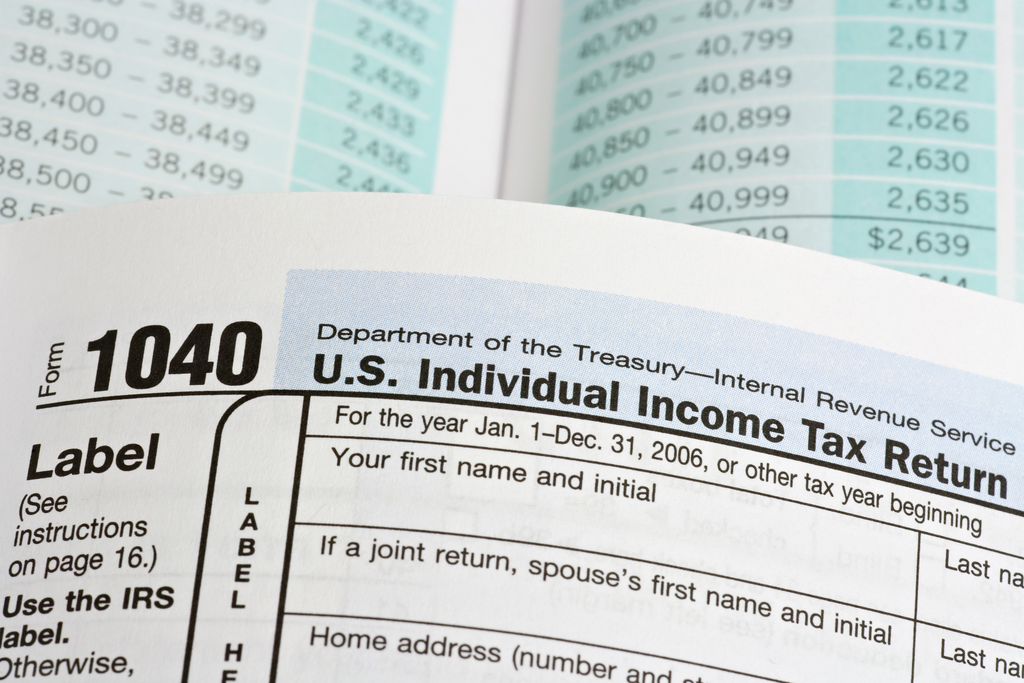By Isaac Bock.
The new tax season of 2024 brings multiple changes and updates, which makes it a rather challenging time for all tax professionals. At a minimum, tax professionals need to stay sharp and up to date with the laws and regulatory requirements that change from year to year. This year is marked by unique challenges under tax law, with new IRS regulations and sector-specific concerns.
Note: The spring 2025 tax filing season is when taxpayers report their 2024 income and related matters to the IRS, so it’s important to keep up with the laws as they applied during the previous calendar year.
The following is a list of the most important practices that tax pros should observe to ensure smooth and efficient tax return filings.
1. Stay Up to Date on Tax Law Updates in 2024
Tax law is always changing, and keeping up is what tax professionals are about, or they can end up with costly errors if new credits and deductions apply or changes in filing requirements take place.
Important Areas for 2024:
- Child Tax Credit: Learn the updated income limits and amounts on the Child Tax Credit.
- Section 199A Deduction: There are changes in qualified business income deductions for small businesses. So, it is extremely necessary to identify who qualifies and how to apply for it.
- Inflation Adjustments: IRS tax brackets, standard deductions, and thresholds have been adjusted due to the inflation that drives people to file individually or corporately.
Pro Tip: Subscribe to IRS newsletters or check the IRS website frequently for bulletins and updates. This would make sure you are using the latest data available at the time to complete tax filings.
2. Organize and Prepare Client Documentation
Proper documentation is the step to a successful tax filing. Making sure that clients have all their income statements, receipts, and other paperwork in order prior to the tax season can save precious time and prevent many more errors.
Steps to Follow
- Pre-Tax Season Meetings: Present clients before the filing season commences. Review their documents and solicit information they don’t have.
- Keep a Checklist: Create a thorough checklist of all details that are required – including W-2s, 1099s, and other source-based earnings documents.
- Digital Storage: Yes. Do encourage customers to keep digital copies of documents. This would be very simple to view and retrieve when needed.
Organized files help guarantee that all tax return payments are accurate and complete and thus less likely to attract audits or delays through the IRS.
3. Cybersecurity
In this day and age, cybersecurity has become a valuable component of every tax practice. With security risk-related personal and financial information at stake, tax professionals cannot afford to let anyone access their systems, with the possibility of finding a breach.
Cybersecurity Best Practices:
- Encryption: Sensitive data must always be encrypted when kept in storage and transmitted.
- Two-Factor Authentication: Implement two-factor authentication to safeguard access to client files and tax software.
- Secure Communication: Send documents to the clients through encrypted email or a safe portal. This avoids unauthorized access.
- Training of Staff: Educate your staff on how to identify phishing scams and what constitutes strong passwords, as well as adherence to cybersecurity protocols.
Data breaches could lead to a cash outlay from fines, a lawsuit against someone else, or loss of reputation. It is at such a point that you protect both your business and your client’s information.
4. Tread Carefully on the Gig Economy
As gig work expands, tax pros continue to service more clients with freelance or contract income. Taxation on the gig economy is complex since these workers tend to have multiple sources of income, self-employment tax liabilities, and a myriad of deductible expenses.
How to Approach Gig Economy Taxation:
Form 1099-NEC Ensure that all gig workers are provided with 1099 forms by their clients. Ensure all income is reported.
- Quarterly Tax Payments: Many gig workers need to make quarterly estimated tax payments. Assist your clients in calculating and making these payments in a timely manner to avoid penalties.
- Deducting Business Expenses: Educate clients on how to deduct allowable business expenses, including home use, mileage, and equipment purchases.
5. Cannabis Insurance and Taxation
The cannabis industry is booming, but businesses face specific tax and insurance challenges. A key factor in navigating these complexities is having the proper cannabis license, which ensures compliance with state laws. However, the cannabis business operates in complex regulatory environments, including Section 280E of the IRS tax code, which hinders a cannabis business’ capabilities to deduct operational expenses.
Taxation in the Cannabis Sector:
- 280E Compliance: Although legalized at the state level, Section 280E bars cannabis businesses from deducting almost all their operational costs. Tax professionals can help cannabis businesses maximize accepted deductions, such as Cost of Goods Sold (COGS).
- Differences Between State and Federal Regulations: Although legalized in most states, cannabis remains labeled as a controlled substance under federal law, which calls for implications during the tax filing at the state and federal levels, so tax professionals should be aware of specific tax legislation applied at the state level.
- Cannabis Insurance Needs: Any cannabis business needs specific and specialized insurance policies. As a tax professional, it is important to ask clients to secure enough insurance to avoid losses.
- Product Liability Insurance: This covers product-related claims.
- Property Insurance: It takes care of the physical location, such as cultivation sites and dispensaries
6. Taking Advantage of Tax Filing Software for Efficiency
The automation of your tax practice through modern tax software will greatly enhance accuracy and save you an incredible amount of time. Not only does tax software reduce human error, but it also makes it easier to handle multiple clients and their diversities.
Features of Tax Software to Consider:
- Integration with E-filing: Tax preparation software enables direct e-filing, accelerates submissions, and decreases errors.
- Client Portals: The electronic portals enable easy uploads of documents, and communication should be secure.
- Automatic Updates of Tax Law: Using tax forms and regulation updates automatically from the software to take care of changes in IRS rules and regulations.
- Automate Calculations: One can automatically calculate deductions, credits, and tax liabilities for speedy and accurate returns.
- The right software tools will standardize your tax workflow, giving you more time and energy to create value for your clients.
Conclusion
Tax preparation for 2024 filings is a specific kind of challenge, but with thorough preparation and knowledge at your fingertips, it is always possible to do better. Thus, tax professionals need to stay abreast of all the tax law changes, make sure that documentation is correct, that focus on cybersecurity does not fade away, and that automation is heightened.
Knowing niche sectors such as cannabis taxation and insurance could also increase the scope of service providers to industries in specific niches. By following best practices, tax pros will ensure that their returns are properly and accurately filed, form stronger relationships with clients, and ultimately grow their business in 2024.
====
Isaac Bock is the Managing Director and Head of Strategy at Alpha Root, leading efforts to reshape views on holistic medicine. His focus on building strong relationships drives his success in both the insurance and cannabis sectors. https://alpharoot.com
Thanks for reading CPA Practice Advisor!
Subscribe Already registered? Log In
Need more information? Read the FAQs




